View footage of two Arakan Forest Turtle hatchlings at the Tennessee Aquarium at https://youtu.be/X2tw0QXUc24
Attached images (credit: Tennessee Aquarium/Doug Strickland)
- A map shows the range of the critically endangered Arakan Forest Turtle in southeastern Bangladesh and western Myanmar.
- A recently hatched Arakan Forest Turtle rests in a temporary habitat at the Tennessee Aquarium next to a ruler, for scale.
- An Arakan Forest Turtle hatchling pokes its head out of its shell during the process of emergence at the Tennessee Aquarium. This taxing ordeal can take hours and is sped up through the use of a specialized tooth (an egg tooth) which can cut through the egg’s shell.
- An Arakan Forest Turtle shell shows the hole out of which the hatchling emerged. Two individuals of this critically endangered species recently hatched at the Tennessee Aquarium.
- Two critically endangered Arakan Forest Turtle hatchlings rest in a temporary habitat at the Tennessee Aquarium. These individuals are the first of their species to be hatched at an accredited zoo or aquarium since 2017.
- Tennessee Aquarium Herpetology Coordinator Bill Hughes holds a pair of recently hatched Arakan Forest Turtles in the palm of his hand. This Southeast Asian species is classified as critically endangered due to habitat loss and its collection for subsistence and to supply the international pet trade.
Writer: Casey Phillips
Precious pair
Tennessee Aquarium hatches two critically endangered turtles, first by a zoo or aquarium in six years
Chattanooga, Tenn. (March 30, 2023) – From being exploited for food and collected to supply a bustling pet trade to the catastrophic destruction of their habitat, many Asian turtles’ prospects for survival are new-moon dim.
However, this week, a glimmer of hope arrived for one tremendously imperiled species with the hatching of two Arakan Forest Turtles at the Tennessee Aquarium. No zoo or aquarium has successfully bred this species since the hatching of a single individual at the California-based Turtle Conservancy in 2017.
A predominantly terrestrial species, Arakan Forest Turtles are only found in bamboo and old-growth forests in the Arakan Mountains of extreme southeastern Bangladesh and western Myanmar. The International Union for Conservation of Nature (IUCN) now classifies the species now as critically endangered.
“It feels pretty good to see these guys hatching,” says Bill Hughes, the Aquarium’s herpetology coordinator. “This species was managed under a Species Survival Plan, but it’s not anymore because so few zoos and aquariums have Arakan Forest Turtles.”
“But,” Hughes adds, “I maintain the official records for all of institutions accredited by the Association of Zoos and Aquariums that care for this species. I don’t get to do many updates for the book these days, so if nothing else, now I have some data entry to do, and that excites me.”
As rare as they are today, Arakan Forest Turtles were once believed to be extinct. They disappeared from view in 1908 but were rediscovered at an Asian food market in 1994.
Since its reappearance, only a handful of accredited zoos and aquariums, including the Tennessee Aquarium, have worked to harbor and breed a population of Arakan Forest Turtles to remain protected in human care.
The parents of these adorably teeny turtles are a pair of adults hatched at Zoo Atlanta and sent to the Aquarium as juveniles. The female laid a clutch of five eggs in late November of 2022. The first hatchling, measuring less than three inches long, emerged overnight from its oblong egg in an off-exhibit incubator on Thursday, March 23. The second followed four days later.
These are the first Arakan Forest Turtles ever hatched at the Tennessee Aquarium. Viewable inside the working turtle nursery in the Aquarium’s Turtles of the World gallery, these latest additions to the population of Arakan Forest Turtles will serve a vital role as representatives of their wild brethren to the public, Hughes says.
“This is a big moment for us as an institution,” he says. “Most people don’t know what an Arakan Forest Turtle is, and if you don’t know about something, maybe you don’t care about it.
“By hatching some little, obscure turtle from Myanmar and Bangladesh and going — ‘Look at this interesting little turtle. It’s rare and endangered in the wild’ — these guys act as ambassadors for their species, letting the public know there’s a problem.”
These hatchlings are the latest success story in the Tennessee Aquarium’s long history of preserving and protecting imperiled turtles. In 2007, the Aquarium celebrated the first-recorded hatching of the critically endangered Beal’s Four-eyed Turtle at a North American facility. Since then, the Aquarium has hatched 18 Beal’s Four-eyed Turtles and 47 of the closely related Four-eyed Turtles, which is also classified as critically endangered.
###
The mission of the Tennessee Aquarium is to connect people with nature and inspire them to make informed decisions about water and wildlife. Admission is $39.95 per adult and $29.95 for youths ages 5-17. Each ticket purchased helps support Aquarium conservation programs. The IMAX® 3D Theater is next door to the Aquarium. Ticket prices are $9.95. Advance tickets may be purchased online at www.tnaqua.org or by phone at 1-800-262-0695. The Aquarium, located on the banks of the Tennessee River in Chattanooga, is a non-profit organization. Open every day except Thanksgiving and Christmas, the Aquarium and IMAX are accessible to people with disabilities
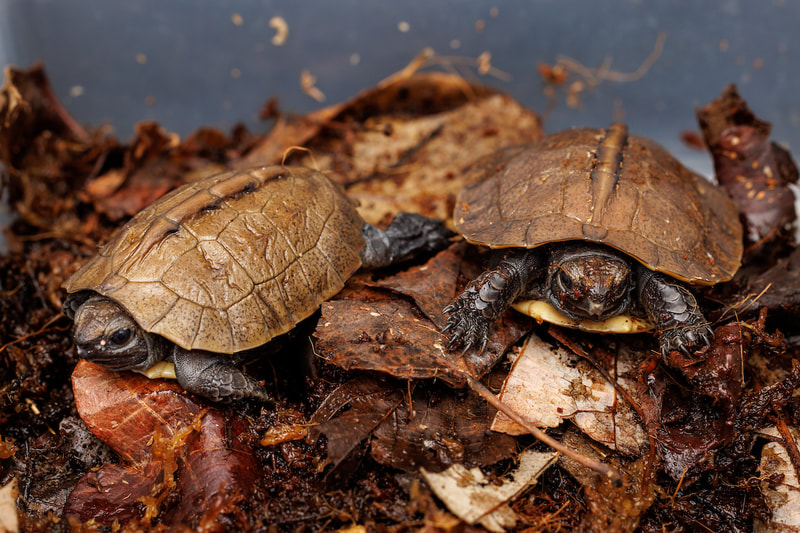
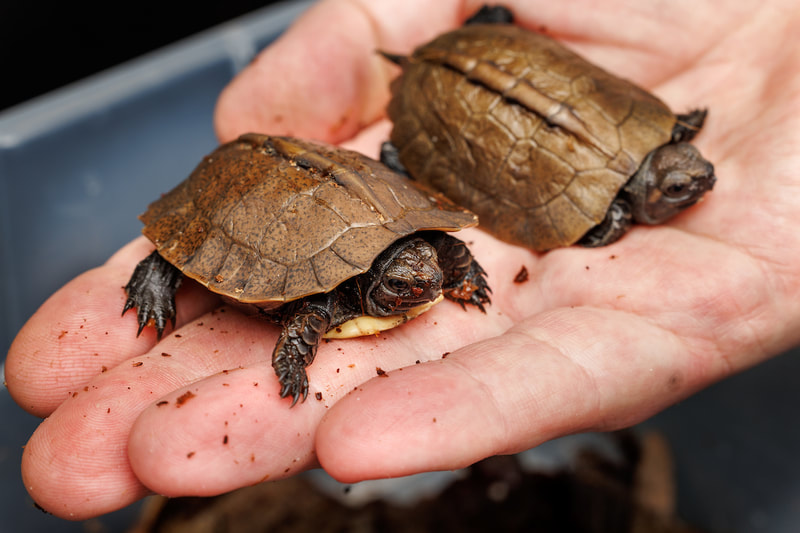
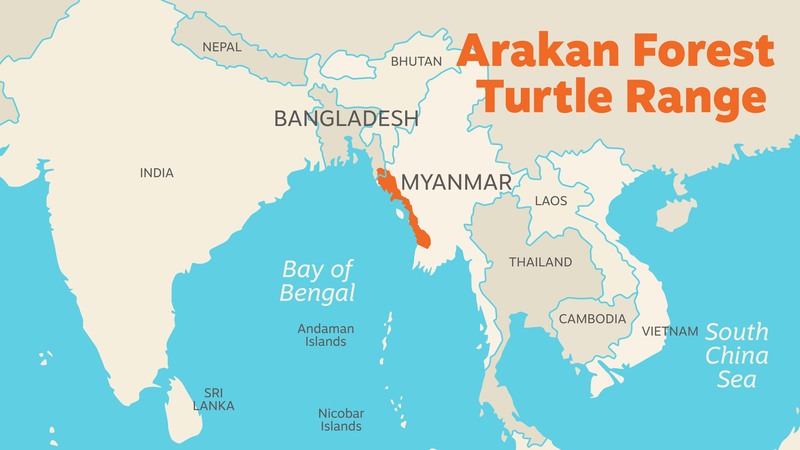

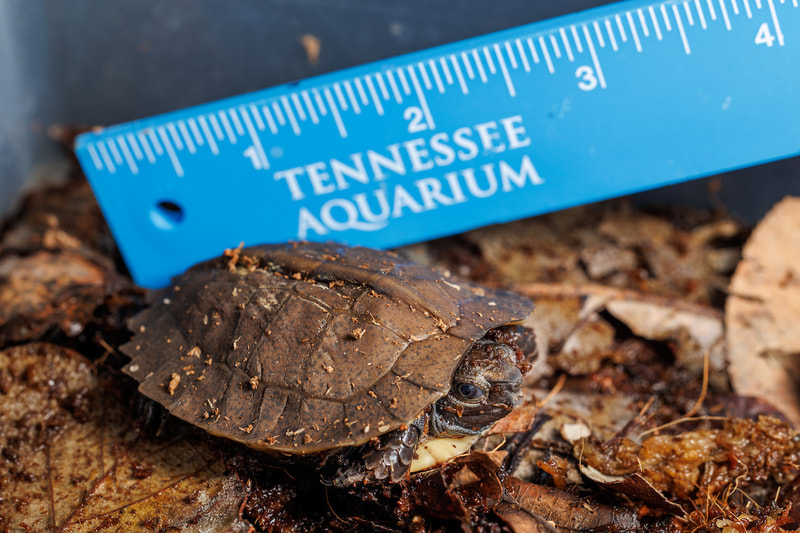

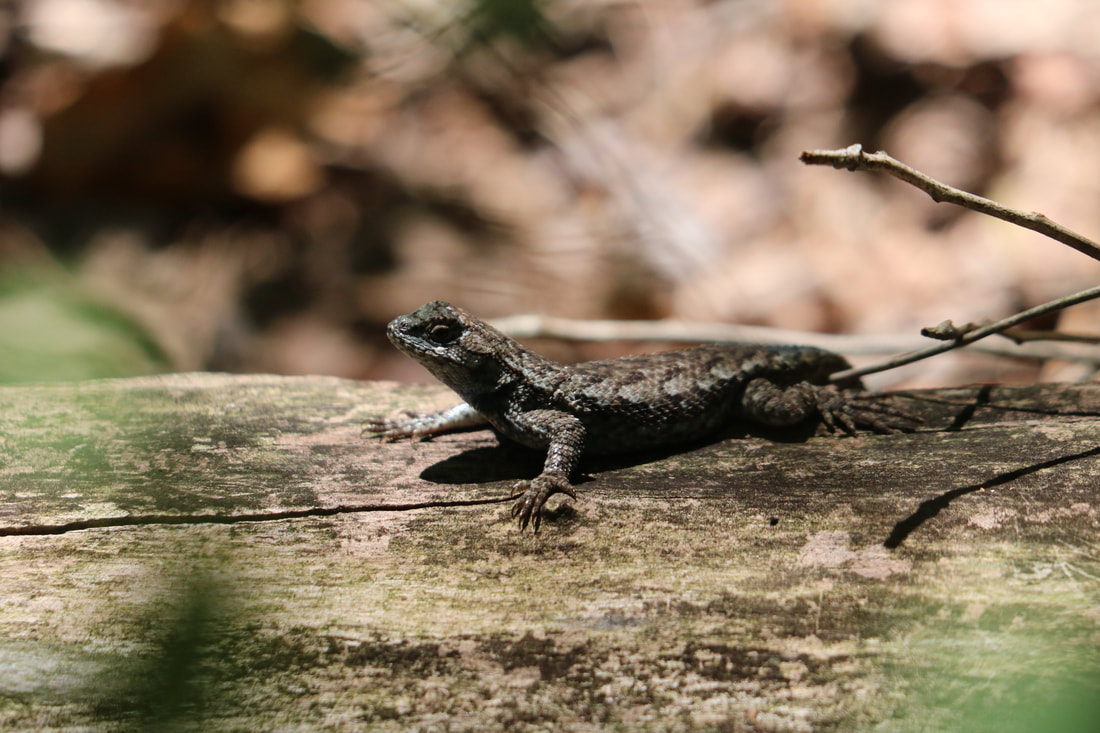
 RSS Feed
RSS Feed